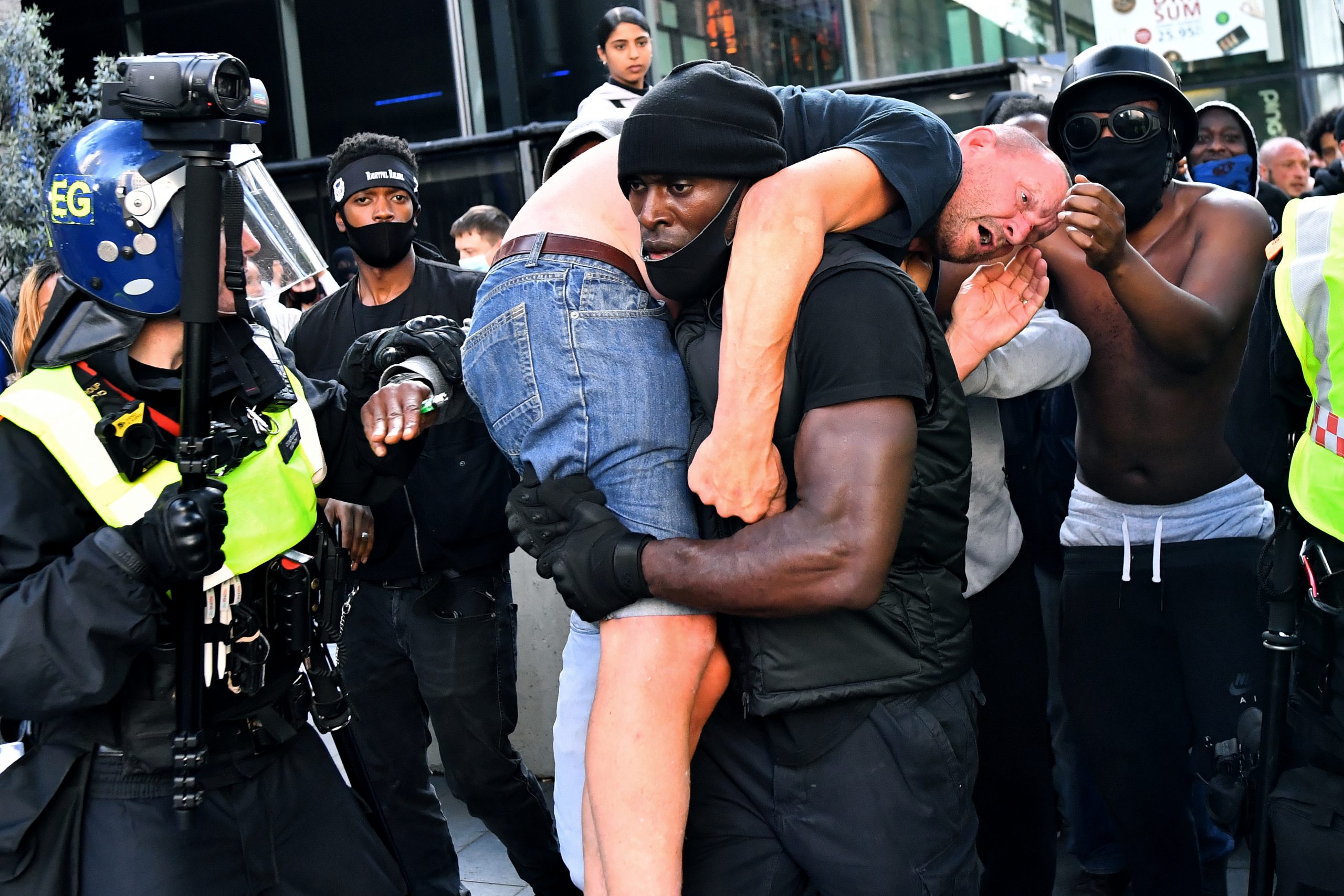
Stepping up: Leaderhood in challenging times
The challenges we face are also opportunities to change and lead differently – but only if we are prepared to ‘step up’ and confront injustice, writes Dame Ruth Silver
It feels like times are changing. People are on the streets protesting the tragic death of George Floyd, statues are toppling and historic injustices are bring confronted, by some of us at least. There is hope but there is also despair and dismay, particularly where injustice is so entrenched as to go unnoticed, even among those who perpetuate it. I see many people wondering whether and how things can really change. This is positive, but unless we can find constructive channels for people’s desire for a better, fairer and more just world, this moment of hope will yield to still more frustration, still more hopelessness.
There is a challenge here for us all, and a responsibility. It will be felt acutely by leaders who must reflect on how they and their institutions and staff can contribute to making positive change happen. This is a challenge that goes beyond leadership as it is normally construed, beyond the normal day-to-day business of being a chief executive and principal. It demands what I term leaderhood, a kind of far-sighted sensitivity to the here-and-now challenges faced by your community that transcends the task-oriented activity essential to running a complex organisation. Like ‘citizenhood’ and ‘parenthood’, leaderhood conveys a deep sense both of relatedness and of open-ended, future-focused concern.
I was struck, in the context of these thoughts, by a video message from Dr Paul Klotman, President of Baylor College of Medicine, in Houston, Texas, that for me really demonstrates what I mean by leaderhood in these difficult times. I would encourage you all to take a few minutes to listen to Dr Klotman. What impresses me is the clarity of his messages for the students, for his community, for his profession and the politicians in their midst, and, of course, for George Floyd’s family. He walks forwards and towards the fullest implications for his – and our – roles as leaders in such grave situations. I appreciate the roundedness of his connection not only to his prestigious college and its community, but also to the wider world, in particular his welcoming of this dimension of his civic leadership as a component part of his ‘leaderhood’.
He recognises not only the wide societal ramifications of what has been happening on the streets of America, but also the relevance to his profession and the work of his institution and, very crucially, how very personally people have felt and responded to the death of George Floyd. He does more than offer his understanding, but identifies with these feelings and expresses his heartfelt solidarity and support:
There are areas of life where you need to step up, where you need to intervene, and part of the problem is that we have to recognise those moments when you have to stand up and take a position and defend people … the hardest thing that we witnessed is that no-one stepped up for George Floyd … and the terrible thing is he actually asked for help … and no-one stood up to help him.
This is a challenge for his students, but, as he also recognises, it is a challenge for him as a leader, and for his profession and its connectedness to the wider life of his society. Actions are important, and it matters that our actions convey leaderhood. I saw this expressed nowhere better than in the actions of the black fitness instructor, Patrick Hutchinson, who rescued a white ‘counter-demonstrator’ during far-right protests last weekend.

The man had become separated from the other protestors and was surrounded by a group of black youths. Feeling the man’s life was under threat, Mr Hutchinson, who had gone to London to protect the lives of young black protestors, ‘scooped’ the man up and carried him on his shoulder to safety, creating one of the most compelling, unforgettable images of the protests. As the UK struggles to come to terms this its legacy of racial injustice, such expressions of common humanity in the face of violent anger and hate offer real hope and demonstrate real leaderhood. Mt Hutchinson’s intervention, and those of Dr Klotman, speak a library of words.
In moments like this, we all have a responsibility to ‘step up’, to look outwards and connect our work to the context in which it and the lives of students unfold, even if that means making ourselves profoundly vulnerable. We cannot – and should not – lead as though seismic events taking place in the world are somehow not relevant or do not impinge on our institutions. This is especially true for leaders of organisations that espouse values of diversity and inclusivity. But it is true, really, for all leaders, in whatever context they lead. We all need to ask what we can do and how we can change to ‘bring light where there are societal issues of systemic discrimination, systemic racism’, to again quote Dr Klotman. The Further Education Trust for Leadership (FETL) will be exploring this future-facing concept in the weeks and months ahead and would very much welcome thoughts from you on what it could come to mean for us.
Dame Ruth Silver is President of FETL




















































































